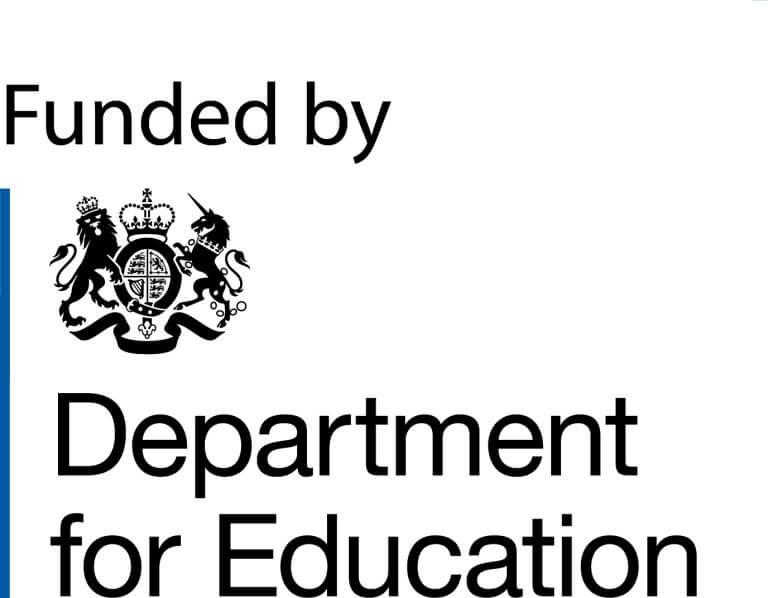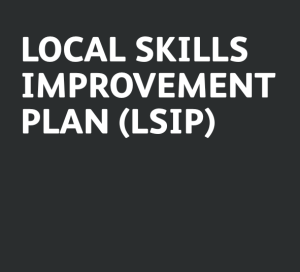Having been part of the Trailblazer pilot last year, Cumbria is in a great position, as this latest LSIP will build on the significant work already undertaken by stakeholders as part of the pilot, looking in more depth at the issues and opportunities.
We’re in the research phase at the moment with the following work underway:
Research and engagement on construction (by the CITB), visitor economy (by Cumbria Tourism) and manufacturing and care (by Cumbria Chamber) is continuing, working with employers and providers. For landbased activities this work is being undertaken by specialist local consultants Environmentors.
With limited work undertaken on the energy sector, there is now significant work underway, primarily led by Energus. In undertaking this they will be engaging actively with a range of organisations which have already undertaken or are undertaking research relating to this sector. The scope of this work will be primarily focussed on nuclear and more immediate priority areas excluding offshore wind (see below). Once we’re clear on the content of other work which can be drawn on, we may arrange separate, associated work on one or more, elements of non-nuclear energy.
In addition to the funding through the Chamber, DfE has provided funding to the LEP to support the LSIP further, including developing a revised evidence base and associated commentary, similar to that provided in the Local Skills Report. This includes restructuring the evidence base so that it meets local needs more effectively than the previous format, allowing geographical analysis at a unitary level.
The balance is being used to fund a deep dive on the future skills required for offshore wind. This work is now underway, being undertaken by local consultants Thomas Jardine & Co, working with The Green Edge.
For all of this work partners and contractors are engaging actively with related work underway, such as the work on landbased around a potential Land & Nature Skills Service and by Metrodynamics on behalf of the LEP, seeking to ensure complementarity and coordination.
Alongside the above we’re about to come out with a survey, which you can choose to take part in whatever your sector.
We’re also reviewing research activity and plans for any gaps and further work required. As part of this discussion is underway around a potential piece of work on future skills forecasting.
The research work for this year’s report should largely be completed by the end of March, so in April we’ll be coming out for consultation on draft findings and conclusions. As well as the sector specifics we’ll be drawing out cross cutting themes. The report will then be submitted to DfE towards the end of May.
To find out more about the LSIP click here and to follow our progress on LinkedIn click here. To get involved in the LSIP email suzanne@cumbriachamber.co.uk.






